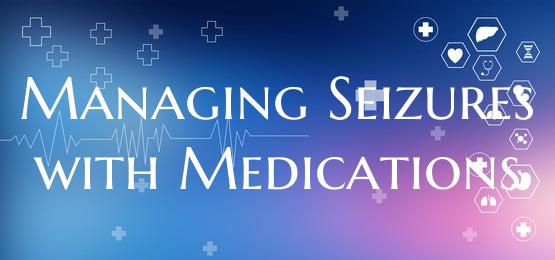
Managing Seizures with Medications
Seizures are sudden and unpredictable disruptions in the brain's normal electrical activity, which can lead to various symptoms such as convulsions, loss of consciousness, and repetitive movements. While there are several factors that can trigger seizures, including underlying medical conditions and genetics, managing seizures often involves the use of medications.
Medications play a crucial role in controlling and preventing seizures in individuals diagnosed with epilepsy or other seizure disorders. These medications, known as antiepileptic drugs (AEDs), work by stabilizing the electrical activity in the brain and reducing the likelihood of seizure occurrence.
It is essential for individuals with seizures to work closely with their healthcare providers to find the most suitable medication and dosage that effectively manages their condition. The effectiveness of antiepileptic drugs can vary from person to person, and it may be necessary to try different medications or combinations of medications to achieve optimal seizure control with minimal side effects.
Adherence to the prescribed medication regimen is key in managing seizures successfully. Skipping doses or abruptly discontinuing medication can lead to breakthrough seizures and may worsen the condition. It is crucial for individuals to follow their healthcare provider's instructions carefully, including taking medications on time and not making any changes without consulting a medical professional.
Regular monitoring and communication with healthcare providers are essential in the management of seizures with medications. Periodic check-ups and evaluations may be required to assess the effectiveness of the current medication regimen, adjust dosages if needed, and monitor for any potential side effects or interactions with other medications.
In addition to medication management, individuals with seizures can also benefit from adopting a healthy lifestyle, including getting an adequate amount of sleep, reducing stress levels, and avoiding potential triggers such as alcohol and certain recreational drugs. Maintaining a seizure diary to track seizure activity, potential triggers, and medication adherence can also be helpful in managing seizures effectively.
In conclusion, managing seizures with medications is a proactive process that requires collaboration between individuals, healthcare providers, and support systems. By staying informed, adhering to prescribed treatment plans, and making positive lifestyle choices, individuals with seizures can better control their condition and improve their quality of life.